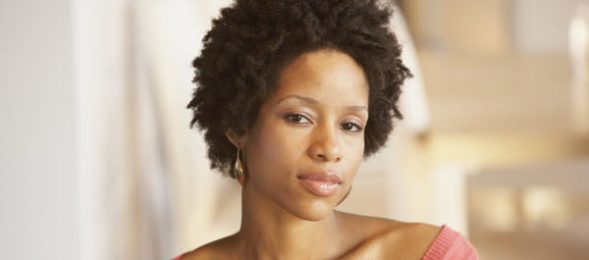Last Monday, the U.S. Army released Army Regulation 670-1 regarding a more defined set of rules on a soldier’s appearance. While the regulations cover tattoos, grooming and uniforms, it is the standards regarding hair that has many Black women feeling unfairly targeted.
A PowerPoint from mid-March, leaked before the official release of the regulations, shows images of the banned hairstyles. Twists, dreadlocks and multiple braids/cornrows bigger than a quarter of an inch are among the banned styles for women. Army spokesman Paul Prince clarified in the Army Times that dreadlocks and twists have been barred since 2005, but this new set of rules goes into more detail about specific hairstyles.
“Many hairstyles are acceptable, as long as they are neat and conservative,” an Army spokesman said. “In addition, headgear is expected to fit snugly and comfortably, without bulging or distortion from the intended shape of the headgear and without excessive gaps. Unfortunately, some hairstyles do not meet this standard or others listed in AR 670-1.”
Sgt. Jasmine Jacobs of Georgia National Guard, who has worn her hair natural four years and sites that it’s never interfered with her head gear, has started a petition on the White House website to “allow professional ethnic hairstyles.”
More than 30% of females serving in the military are of a race other than white. As of 2011, 36% of females in the U.S. stated that they are natural, or refrain from chemically processing their hair. […] These new changes are racially biased and the lack of regard for ethnic hair is apparent. This policy needs to be reviewed prior to publishing to allow for neat and maintained natural hairstyles.
In response to criticism he’s received on his Facebook page, Sgt. Maj. Raymond Chandler of the Army stated that “The Army is a profession, and one of the ways our leaders and the American people measure our professionalism is by our appearance.”
BMWK–Do you feel these regulations are too strict or clearly target Black women? Are the spokesmen right in their statements regarding uniformity and professionalism?
